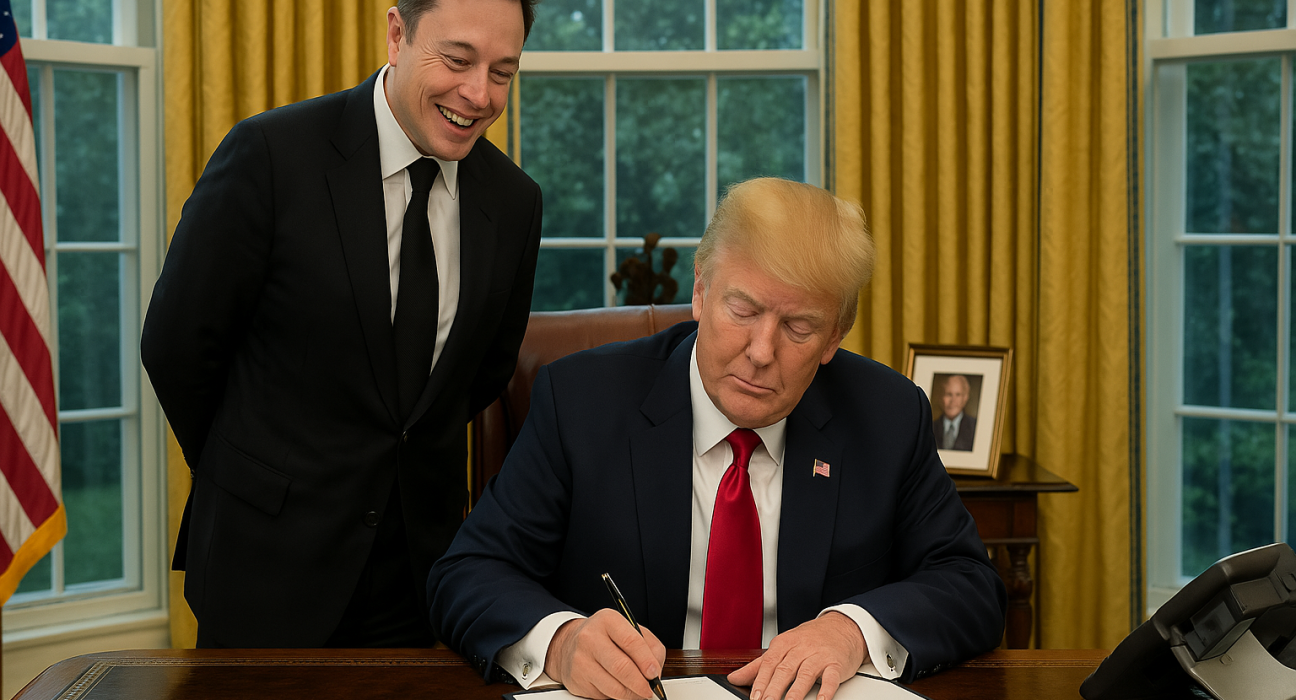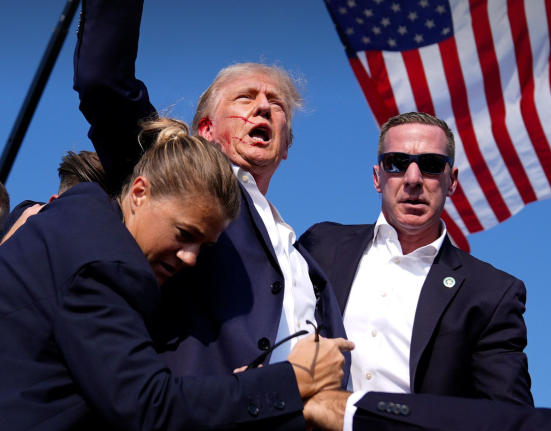The creation of the Department of Government Efficiency (DOGE) under President Donald Trump has sparked fierce national and international debate. Touted as a revolutionary step toward streamlining government operations and eliminating “waste,” DOGE has, in practice, become a lightning rod for controversy. Its swift and sweeping actions are being felt in the lives of everyday Americans—and across the globe.
One of DOGE’s first moves was the abrupt dismantling of USAID, the United States Agency for International Development. While critics have long debated the effectiveness of foreign aid, USAID played a crucial role in sending food to starving children around the world, often sourced from American farmers. Its shutdown not only severed a humanitarian lifeline but also hurt domestic agricultural markets that relied on government contracts. Farmers, once seen as the backbone of the American economy, are now left with surplus crops and shrinking support.
At home, DOGE’s mandate for “efficiency” has extended to slashing Social Security benefits. Millions of elderly Americans who depend on these monthly checks are experiencing reduced support with little warning. The program, once seen as untouchable, is being trimmed under the guise of “reform,” leaving retirees facing new financial uncertainty.
Perhaps most troubling is the unprecedented access DOGE has granted to Elon Musk—billionaire tech mogul and President Trump’s largest political donor. Musk now reportedly holds influence over portions of the U.S. Treasury and access to government agencies beyond even what elected members of Congress can reach. While Musk’s defenders argue that his innovation-driven mindset is what government needs, critics warn of a dangerous breach of democratic norms. Musk was not elected, vetted, or confirmed through any public process. Yet today, he functions with power akin to that of a co-president.
This concentration of power in the hands of an unelected businessman raises serious constitutional questions. What safeguards remain if public institutions are governed by private interests? What happens when loyalty to a donor outweighs accountability to voters?
The implications are staggering. As DOGE continues to rewire the structure of American governance, democratic checks and balances appear to be eroding. Foreign policy is being privatized, public safety nets are being slashed, and billionaires are gaining unprecedented power behind closed doors.
While Trump and Musk tout their vision as a new era of efficiency, many Americans are asking: Efficiency for whom? And at what cost?
If DOGE’s momentum continues unchecked, the country may find itself governed not by its people, but by profit—and by those who can afford to buy influence rather than earn it.



Leave feedback about this
You must be logged in to post a comment.